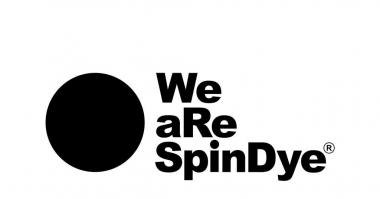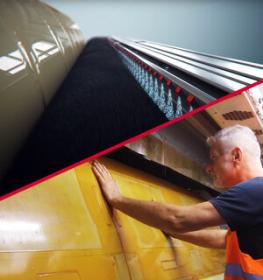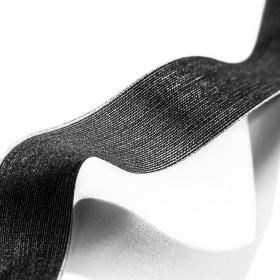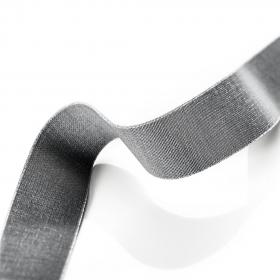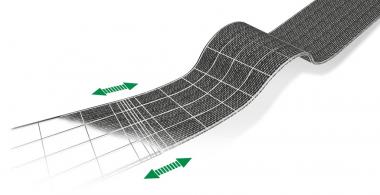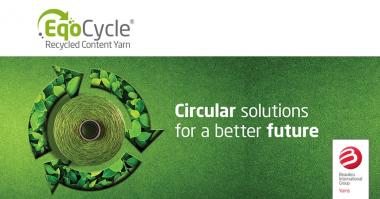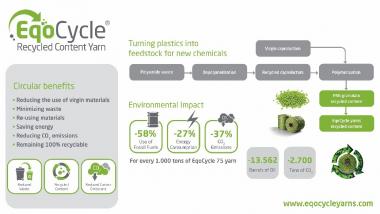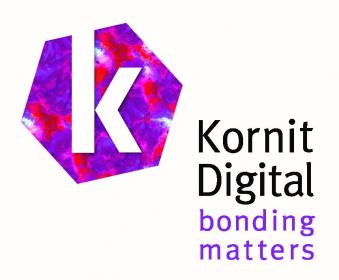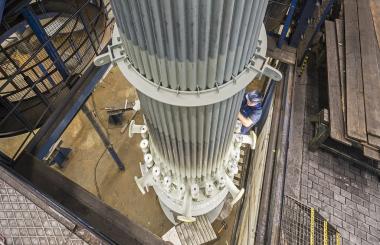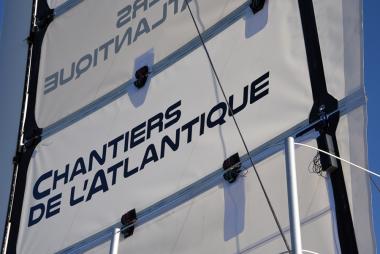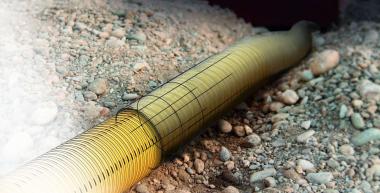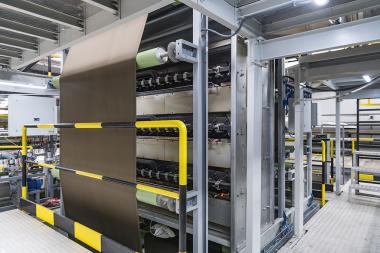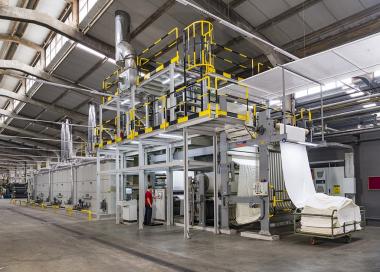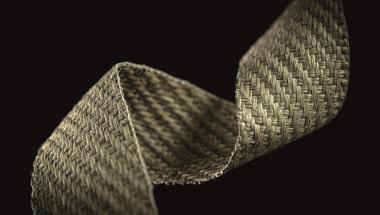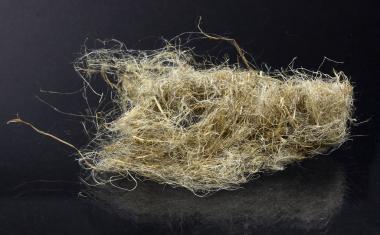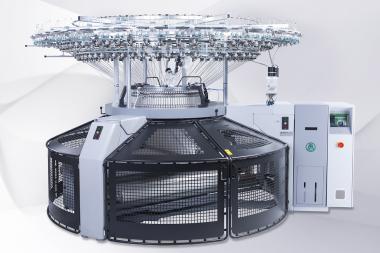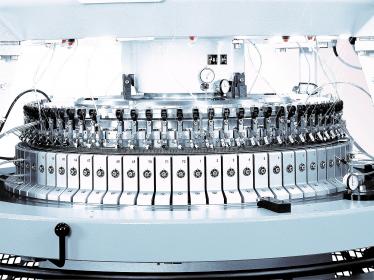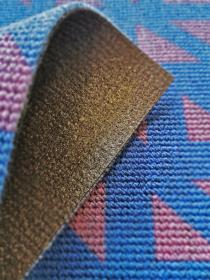We aRe SpinDye collaborates with Gina Tricot
We aRe SpinDye (WRSD) and Gina Tricot have entered into a collaboration agreement. The partnership formed between the two companies is a strategic milestone for both parties.
"Gina Tricot has made impressive progress in the area of sustainability recently and it is fantastic that we get the opportunity to participate and contribute going forward", says Andreas Andrén, CEO of WRSD and continues: "The collaboration is completely in line with our ambitions to become an industry standard for coloring recycled polyester."
Gina Tricot is a Swedish brand that offers fashion to women in over 30 countries.
"Together with WRSD, we can create a better, more sustainable and circular fashion industry. We are convinced that the future lies in collaboration and innovation between the various tiers of our value chain", says Emma Garrote Fredman, Global production & Sustainability manager at Gina Tricot.
WRSD Textile and clothing industry Clothing industry Sustainability polyester recycled polyester
We aRe Spin Dye


